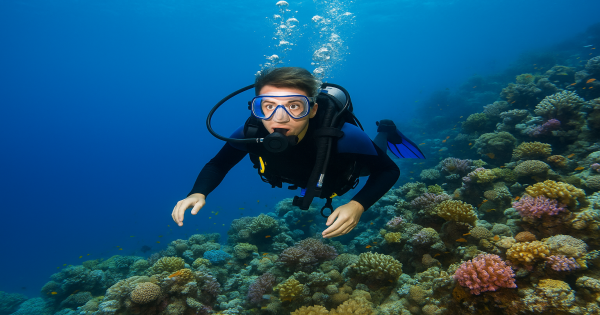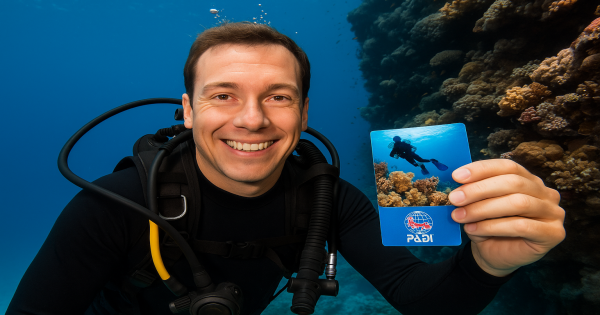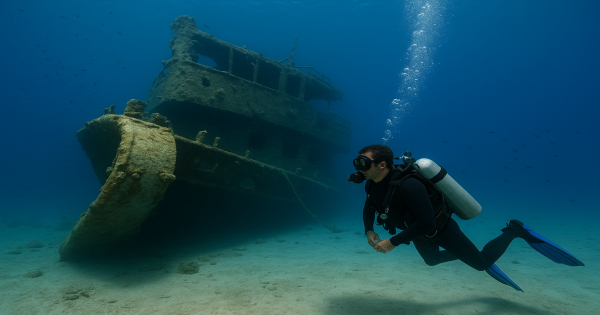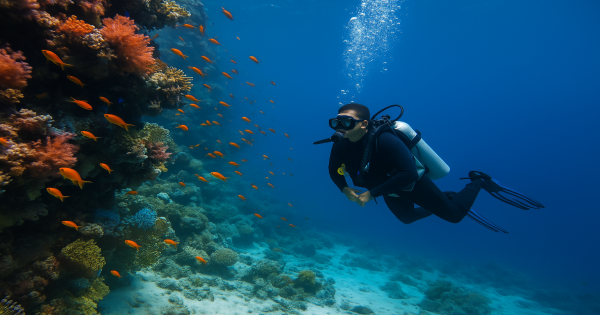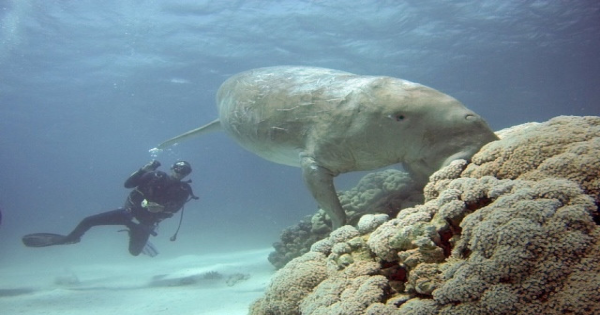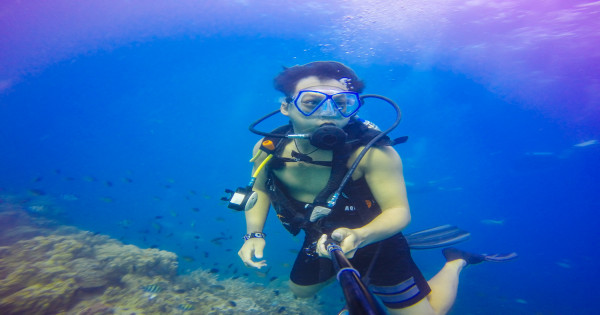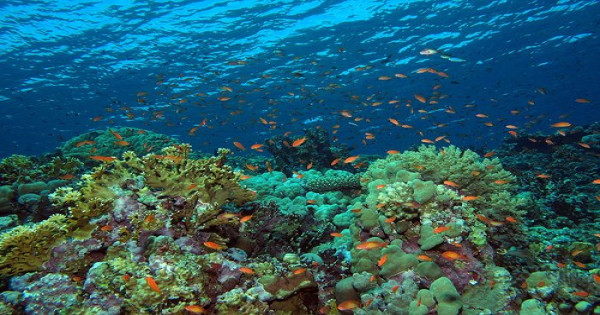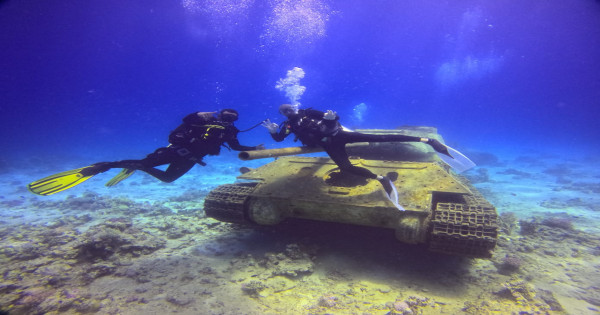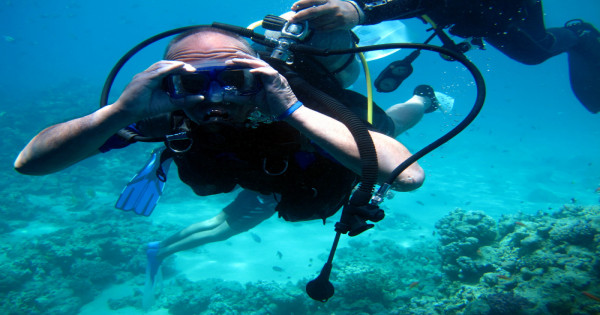Blog Details
Natural Symptoms After Diving: Why Do You Feel Tired?
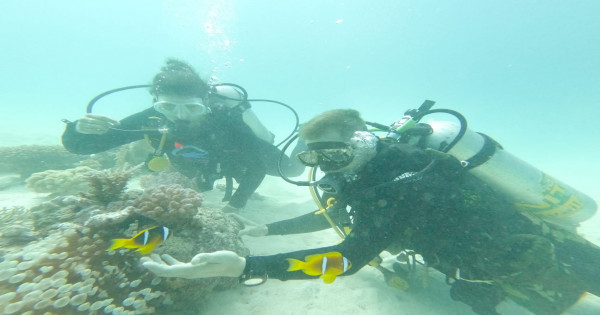
Diving is an exciting and wonderful experience, but many divers may feel tired and fatigued after engaging in this sport. In this article, we will discuss the side effects or health issues that divers may experience, with fatigue and exhaustion being some of the most common natural symptoms.
1. What Are the Symptoms After Diving?
After a dive session, you may encounter a range of symptoms, including:
General Fatigue: Feeling exhausted after diving is common, as the body needs to restore its energy.
Dizziness: Some divers experience dizziness or a spinning sensation due to changes in water pressure.
Muscle Pain: You may feel soreness in your muscles as a result of increased physical activity.
Dehydration: Fluid loss during diving can lead to a sensation of dryness, which increases fatigue.
Headaches: Changes in air pressure or dehydration can cause headaches.
2. Why Do You Feel Tired After Diving?
Several factors contribute to feeling tired after diving:
2.1. Pressure and Environmental Changes
When diving, the body is subjected to increased water pressure, requiring it to adapt to these changes. This adjustment process can be taxing and lead to feelings of fatigue.
2.2. Physical Effort
Diving requires significant physical exertion. From swimming to managing equipment, all these activities consume energy, resulting in fatigue.
2.3. Oxygen Deprivation
At depths, oxygen levels may be slightly reduced, making breathing more challenging. After diving, the body needs time to restore normal oxygen levels, contributing to tiredness.
2.4. Dehydration and Fluid Loss
Dehydration is a common cause of post-dive fatigue. Fluid loss can occur due to breathing dry air underwater or exposure to saltwater. Therefore, it's crucial to drink adequate amounts of water before and after diving.
3. How to Manage Fatigue After Diving
3.1. Hydrate
It’s essential to drink plenty of water to replenish lost fluids. It’s advisable to hydrate before and after diving to ensure proper hydration.
3.2. Rest
Allowing your body enough time to recover is important. Get adequate sleep and avoid strenuous physical activities after diving.
3.3. Eat Nutritious Meals
Consuming a meal rich in proteins and vitamins after diving can help replenish energy and promote recovery.
3.4. Relaxation Techniques
Practicing relaxation techniques such as yoga or meditation can help reduce stress and fatigue levels.
4. When Should You Be Concerned?
While post-dive fatigue is typically normal, pay attention to any symptoms that may indicate a more serious issue, such as:
Severe chest pain
Difficulty breathing
Symptoms similar to a sharp drop in blood pressure
If you experience any of these symptoms, it is crucial to consult a doctor immediately.
Conclusion
In conclusion, feeling tired after diving is a natural result of pressure changes, physical exertion, and dehydration. By understanding the symptoms and contributing factors, you can take steps to recover more quickly and enjoy your underwater experience. Always remember the importance of hydration and rest, be mindful of your symptoms, and don’t hesitate to seek help if necessary. Enjoy your diving adventures and prioritize your health!
